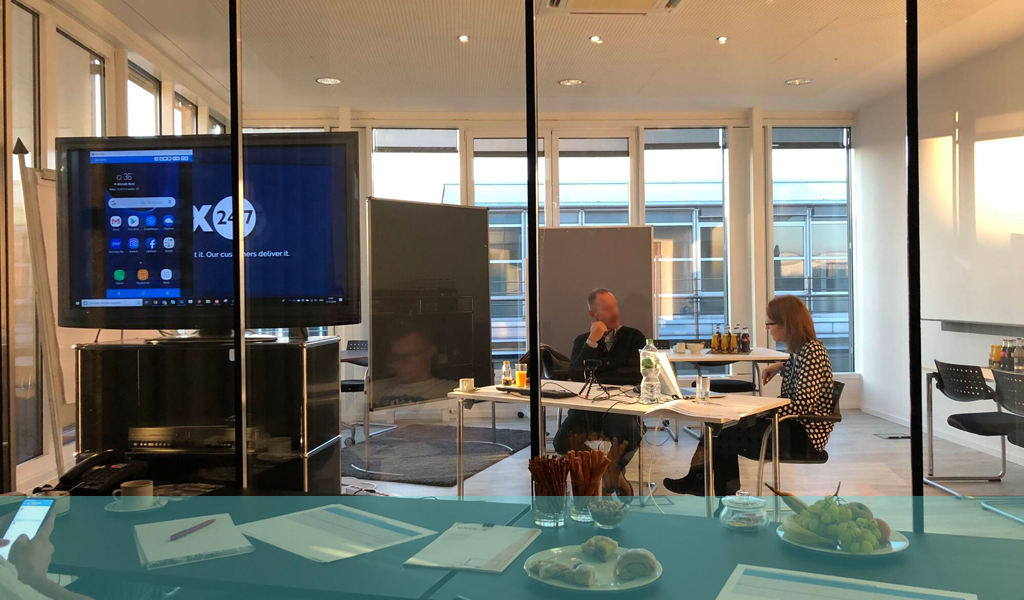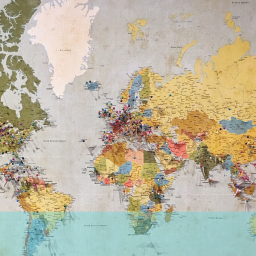Here at UX24/7, we carry out a large amount of international UX research. Over time, as we work in more countries, we continue to learn more about the differences in culture and coordinating UX projects in new territories.
This has inspired our latest blog series in which our team share their experiences of carrying out user research in various countries around the world.

For a relatively small city, Cologne, or Köln is a great place to conduct UX research in Germany. The airport is within the city boundary and so the train to the central station, just a short walk from the research facility I’m using, is just €2.90 and takes only 15 minutes. There are plenty of hotels close to the station and city centre and most lay in the shadow of the cathedral.
The research I’m involved with is being run at Quota Point and is perfectly located off one of the main shopping streets and close to the Cathedral. From the balcony, which has a large decked area and I imagine is perfect in the summer, you can see the Cathedral (see picture). If you have a break it is worth climbing the 500 ish steps to enjoy the view across the Rhine River and the city.

For this project we are running 90 minute sessions as it involves finding, selecting and installing mobile antivirus software as well as using the free and premium features. Even with 90 minutes we are tight on time and have run over in 70% of the sessions. That said, they don’t feel long, there is simply a lot to get through.
Incentives in Germany are lower than many other countries and for this research we are offering €50. The recruiter wanted to offer €40, even for 90 minute sessions, but we pushed them higher to try and ensure greater quality. Out of 16 participants we only had one no-show but they were prepared to come at another time. Interestingly it is the law in Germany that a first name must indicate gender and so when a participant list arrives the gender column is not required.
The German language is very precise and there is literally a word for everything, nothing is inferred. That can make for some very long words which are a challenge for mobile usability. Long blocks of text are common even if the word count is quite low. Translation, or more importantly localisation, is a real challenge matching the correct German word to its native alternative.
We have asked participants to add their fingerprint to the Android phone we are using as there are a number of features in the anti-virus software that can be used with the finger print, such as locking an app. Barely any participant has used the same finger to save as their fingerprint. We have had every different finger used by different participants and no consistency.
The project has been very demanding with a complete reset of the android device required between session. That has required a separate identity for every participant that has to be installed on the phone and then entirely removed between sessions. We also have to remove saved biometric data, clear browser history, clear playstore history, clear desktop history, clear the gmail – the list is endless. All this and switch from German to English language and back again so I can do the change while our Accredited Practitioner gets a rest.
The insight we gathered has been exactly what the client wanted and I am now looking forward to QA’ing the report and sharing it with the clients.
Leave a comment below sharing your experiences, we would love to hear them.
If you would like to carry out user research internationally, ring us on +44(0)800 024624 or email us at hello@ux247.com.


















[…] Next Week : UX Research in Germany […]